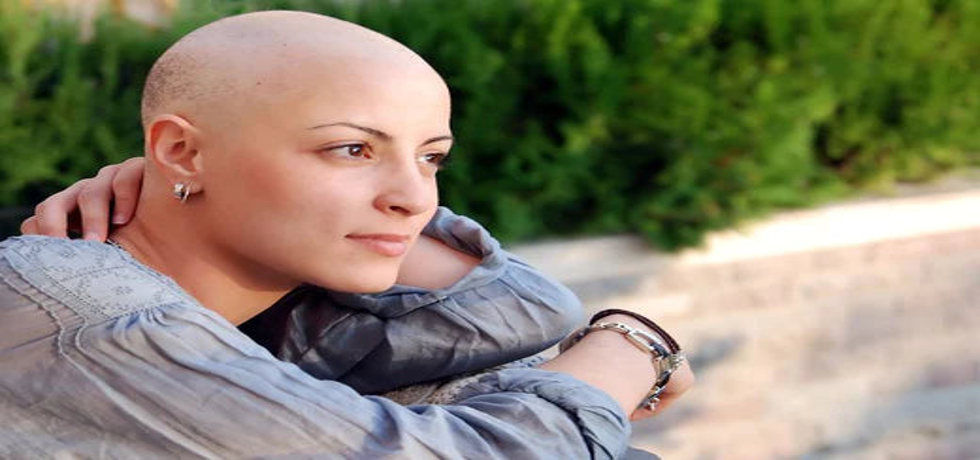
Surviving Cold Cap Chemo: A Journey of Hair Preservation
A Personal Tale of Resilience and Care
Understanding Cold Cap Therapy
Utilizing cold caps during chemotherapy can significantly preserve hair follicles from the harsh effects of chemotherapy drugs. The process involves wearing specially designed caps that cool the scalp, reducing blood flow to hair follicles and thereby minimizing hair loss. Many people have found success with cold cap therapy, offering them a semblance of normalcy during their fight against cancer.
The Journey Begins
My journey began with skepticism but a resolve to give cold caps a try. The emotional weight of chemotherapy was already heavy, and the fear of losing my hair added another layer of anxiety. With the support of my husband, I decided to rent cold caps and coordinate their use alongside my chemotherapy sessions. As a dermatologist, I understood the science behind this treatment and was hopeful it would work.
Navigating the Process
Cold cap therapy isnt without its complications. For me, using cold caps added extra hours to my chemotherapy treatment. Before each infusion, I needed to pre-chill the caps for optimal effectiveness. While at the infusion center, my scalp required cooling not just during the infusion but also for hours afterward to ensure the chemotherapy drugs didnt sabotage my hair follicles.
The logistical challenges were considerable, but the potential for a successful hair preservation made the extra effort worthwhile. I had to endure the initial pain of cold caps pressing against my sensitive head, which was uncomfortable at first. Still, ultimately, I was determined to stick with this treatment to fight against hair loss as much as possible.
The Impact of Cold Cap Therapy
Thanks to cold cap therapy, while I did thin out considerably, I retained enough hair to feel normal and confident during my journey. My hair loss wasn’t as drastic as many who underwent the same treatment without the cold caps. Although it was difficult to manage at times, I found solace in the routine, the process, and the realization that I could retain part of my identity amidst the chaos of illness.
Challenges Faced
Nevertheless, the process posed challenges that are important to consider if youre thinking about cold cap therapy. For starters, the actual logistics of treatment were complex. Coordinating rentals, upkeep for the caps, and the actual infusion times required advanced planning and significant effort from my support system.
Pain was another consideration. The cold caps brought discomfort each time they were placed on my head, which took some adjusting. Moreover, financial implications can be significant since cold cap rentals and necessary equipment arent typically covered by insurance.
Emotional Resilience
Ultimately, cold cap therapy allowed me to navigate my cancer journey with greater emotional resilience. While I was still dealing with the trauma of being diagnosed and treated for cancer, cementing my commitment to hair preservation helped me regain a sense of control over my body. It felt empowering to confront what I could during treatment, allowing me to focus on healing without losing my identity as a person.
After the Storm: Reflection and Recovery
Now that Im on the other side of treatment, I reflect on that experience fondly. My journey with cold caps was more than just about preserving hair; it was about self-compassion, acceptance, and resilience during a pretty daunting time. If hair loss is one of your concerns during chemotherapy, I recommend discussing cold cap therapy with your oncologist to see if it’s a suitable option for you.
Final Thoughts and Advice
To anyone facing chemotherapy, remember that youre not alone in your journey, and options like cold cap therapy could serve as a valuable tool in your fight against hair loss. Whether you opt for this treatment or find other coping methods, prioritize self-care and trust in the support of your loved ones. Stay hopeful and focus on recovery; brighter days are ahead!
FAQ
Can cold cap therapy completely prevent hair loss?
While many report significant hair retention, results can vary from person to person. It may not prevent all hair loss but can reduce it considerably.
Is cold cap therapy painful?
Some users find cold cap therapy uncomfortable due to the cold temperature, especially during initial application, but many adapt after a few sessions.
Do I need assistance when using cold caps?
Yes, having someone help with the cold caps during treatment can be beneficial, especially for changing them when necessary.

